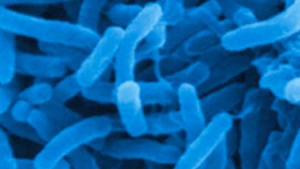 Haiti says it has recorded 96 people have died from cholera during the first two months of this year.
Haiti says it has recorded 96 people have died from cholera during the first two months of this year.
The Ministry of Public Health and Population (MSPP) said there were also 7, 782 cases of the disease during the period January 1 to February 27.
But it said that the trend is towards a decrease in the number of cases following the outbreak U.S. Centers for Disease Control and Prevention described as the worst epidemic of cholera in recent history.
Haitians have blamed U.N. peacekeeping troops from Nepal whom they said carried strains of the disease with them, contaminating a large portion of the country’s drinking water.
The United Nations initially denied any role in the outbreak, and has refused to redress complaints, claiming immunity under a 1946 convention. In January, a US judge dismissed a lawsuit filed by human rights groups seeking compensation for Haitian victims.
The MSPP said that the decline has been observed every week despite the recent rains, saying “this situation demonstrates of a better capacity to control the transmission in outbreak and at the same time the need to enhance efforts to strengthen the management of cases.
“The humanitarian community continues to support the Haitian government in its efforts not only to ensure a rapid and effective response to the cholera epidemic in improving access to drinking water services, sanitation and health, but also to reduce the vulnerability of populations living in the most at-risk cholera areas.
“As part of the continuation of this commitment, a humanitarian response plan in which the response to the cholera outbreak is a priority, is being developed,” the MSPP added.
But it noted that the number of deaths during the first two months of this year is higher than the same period last year when 67 deaths were recorded.
In addition, the Ministry of Health reports that 18 communities, including Cap-Haïtien, Limbé, Pilatte, Port Margot and even some sections of the capital, remain in a red alert.
